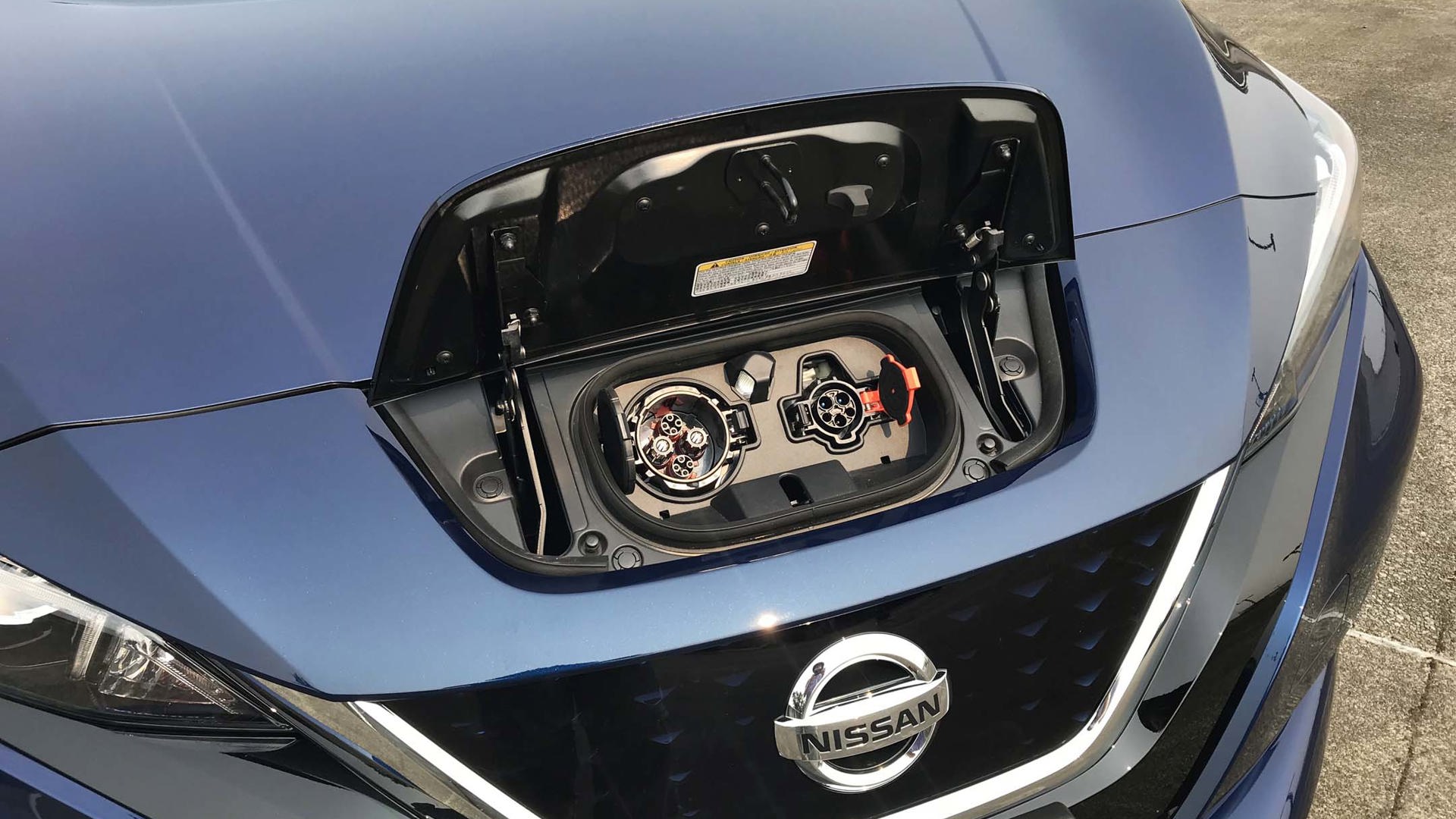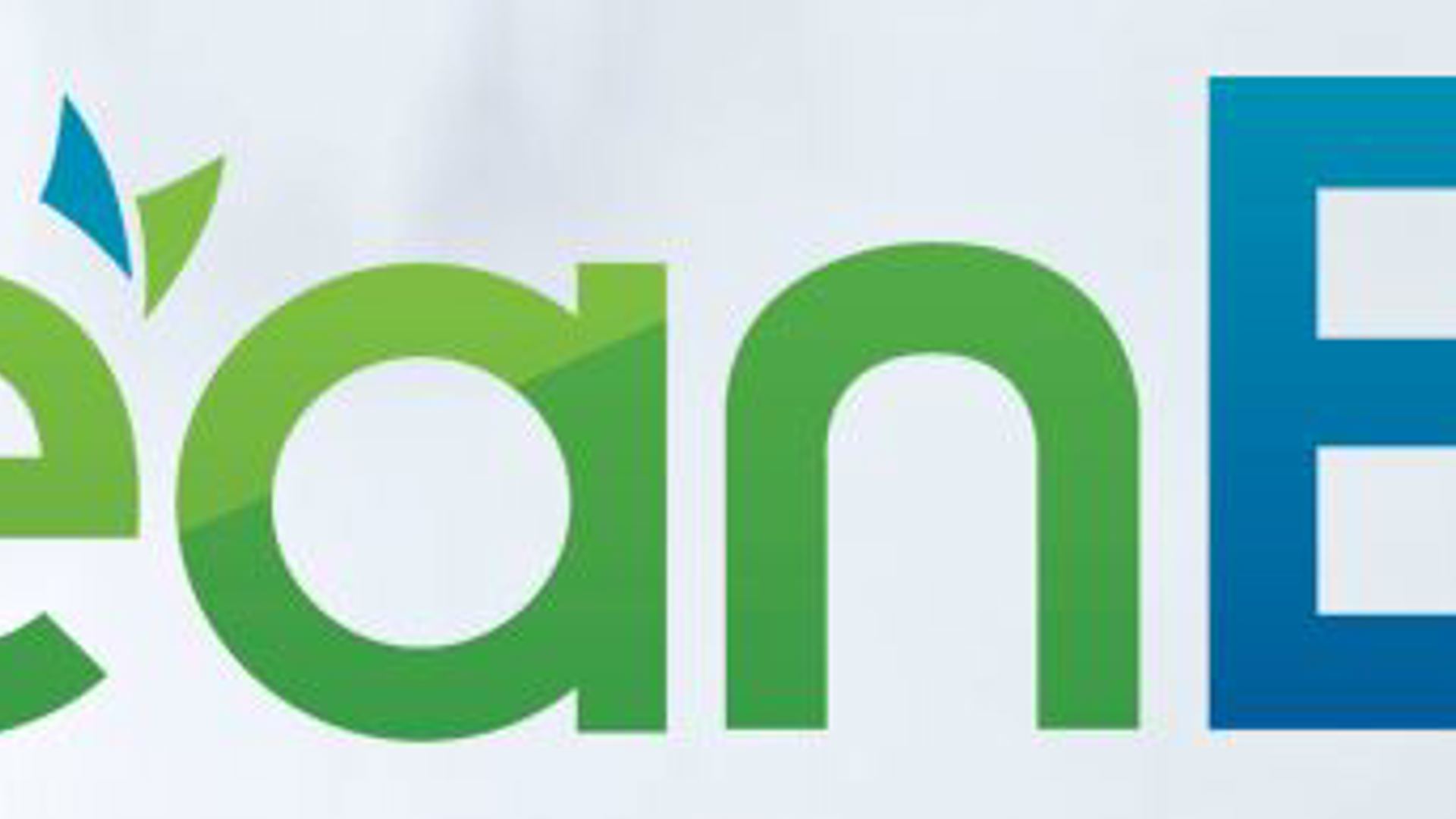As part of British Columbia’s ongoing efforts to continue to be one of Canada’s leaders in environmental protection, BC promised in its 2019 budget announcement recently to increase the zero-emissions (ZEV) standard, a facet of which requires all new cars to be zero-emission vehicles by 2040, 30 per cent by 2030 and 10 per cent by 2025. That last figure, of course, dovetails well with many manufacturers who are claiming to have a heavy dose of ZEV content in their line-ups by 2025.
Part of achieving a standard like that is making it easier for people to buy ZEV cars, and in their budget, the government of BC promises to maintain rebates on ZEV vehicles. As popular as EVs have become, initial cost of ownership is still a major hurdle for Canadian buyers.
Of course, another big hurdle in this department is dealing with range anxiety – or just how long one can travel before your car runs out of juice. In that light, BC is promising to expand the EV charging network for both Level II and Level III chargers.
In addition, they’re also planning on expanding the hydrogen refuelling network. BC already has the distinction of being the only province in Canada that has a hydrogen fuelling station that you and I can operate, located at the Shell station at Granville St. and W. 71st Ave. in south Vancouver, though a public hydrogen station is slated to open this month in Quebec City.
Expect the one in BC to be joined in the near future, as the government has earmarked $20 million for both hydrogen and EV charging stations, and a further $5 million for EV charging stations in rest areas and government buildings. They’ve also promised to enable private investment in charging infrastructure.
Finally, for those still on the ICE (internal combustion engine) train, BC is also promising to increase BC production of renewable diesel and gasoline to 650 million litres by 2030. There won't be any free lunches for ICE drivers, though; the budget also promises to increase tailpipe emission standards on any ICE vehicles sold after 2025.
There’s no indication if that means a return of BC’s AirCare testing system, which was scrapped in 2014.


